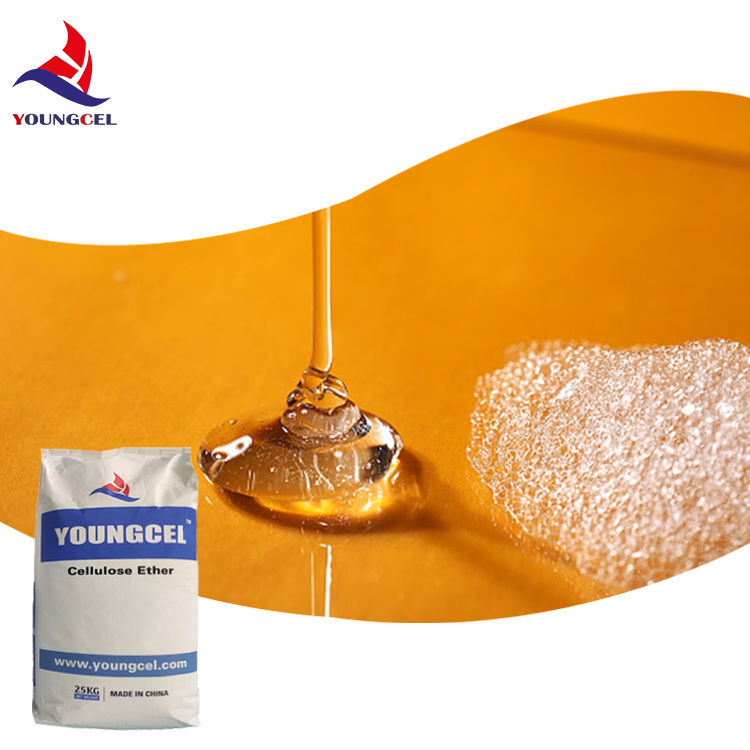The Importance and Impact of Coating Additives in Modern Coatings
In the world of coatings, the quest for improved performance, appearance, and durability is constant. Coating additives play a pivotal role in enhancing the properties of paints, varnishes, and other coating materials. These special ingredients are designed to fulfill various functions, from improving stability and appearance to enhancing desired functional properties. This article explores the crucial role of coating additives, their various types, applications, and the future of this dynamic field.
Understanding Coating Additives
Coating additives are additional materials incorporated into a coating formulation to modify its properties. They are typically employed in small quantities but can significantly impact the performance and quality of the final product. The primary motivation for using additives is to achieve specific characteristics that would otherwise be unattainable through conventional coating ingredients alone.
Types of Coating Additives
There are several categories of coating additives, each serving a unique purpose
1. Dispersing Agents These additives help to achieve a uniform distribution of pigments and fillers within the coating. By reducing the surface tension between the pigments and the base material, dispersing agents ensure that the color is consistent and vibrant.
2. Rheology Modifiers These are used to control the flow and viscosity of the coating. By adjusting these properties, manufacturers can achieve desired application characteristics. For instance, rheology modifiers can enhance the ease of application, improve leveling, and prevent sagging during the drying process.
3. Surfactants Surfactants reduce the surface tension of the coating material, promoting better wetting and spreading. This is particularly important for coatings applied to non-porous or difficult-to-coat surfaces.
4. Additives for Film Formation These assist in creating a strong and durable film once the coating has dried. They can enhance adhesion properties, increase hardness, or provide resistance to scratches and chemicals.
coating additives

5. Stabilizers and Thickeners These additives play a critical role in maintaining the stability of the coating over time. They can prevent separation and settling of components, ensuring that the coating remains homogenous throughout its shelf life.
6. Biocides In water-based coatings, biocides are added to prevent the growth of mold, mildew, and bacteria, which can degrade the coating and affect its performance.
Applications of Coating Additives
The diverse range of coating additives makes them applicable across various industries. In the automotive sector, for instance, additives can help produce coatings that withstand harsh environmental conditions while providing an aesthetically pleasing finish. In construction, additives enhance the performance of protective coatings on buildings, ensuring durability and resistance to UV radiation and weathering.
In the consumer goods industry, coating additives are crucial in producing high-quality finishes on products ranging from appliances to furniture. The electronics sector also relies on specialized additives to create coatings that can protect sensitive components from moisture and corrosion.
Future Trends in Coating Additives
As technology advances and environmental regulations become stricter, the coating additives market is evolving. There is a growing demand for eco-friendly additives that minimize environmental impact while maintaining performance. Innovations in bio-based additives are emerging as a sustainable alternative to traditional synthetic options.
Furthermore, the trend towards smart coatings, which can respond to environmental changes or provide additional functionalities (like self-healing or anti-viral properties), is gaining momentum. Coating additives are essential to developing these advanced formulations.
Conclusion
Coating additives are indispensable in the modern coatings industry, significantly influencing the performance, aesthetics, and stability of coating products. Their ability to tailor coatings to meet specific requirements is vital for industries ranging from automotive to consumer goods. As the industry progresses towards sustainable and innovative solutions, coating additives will undoubtedly continue to play a critical role, ensuring that coatings meet the demands of the future while adhering to environmental standards.
-
Rdp Powder: Key Considerations for Wholesalers in the Building Materials IndustryNewsJul.08,2025
-
Key Considerations for Wholesalers: Navigating the World of Hpmc - Based ProductsNewsJul.08,2025
-
Hpmc Detergent: Key Considerations for WholesalersNewsJul.08,2025
-
Key Considerations for Wholesalers: China Hpmc For Tile Adhesive, Coating Additives, Concrete Additives, and MoreNewsJul.08,2025
-
Crucial Considerations for Wholesalers: Navigating the World of Construction MaterialsNewsJul.08,2025
-
Key Considerations for Wholesalers Sourcing Additive For Cement, Additive For Concrete, Additive For Putty from Additive Manufacturer Shijiazhuang Gaocheng District Yongfeng Cellulose Co., Ltd.NewsJul.08,2025




